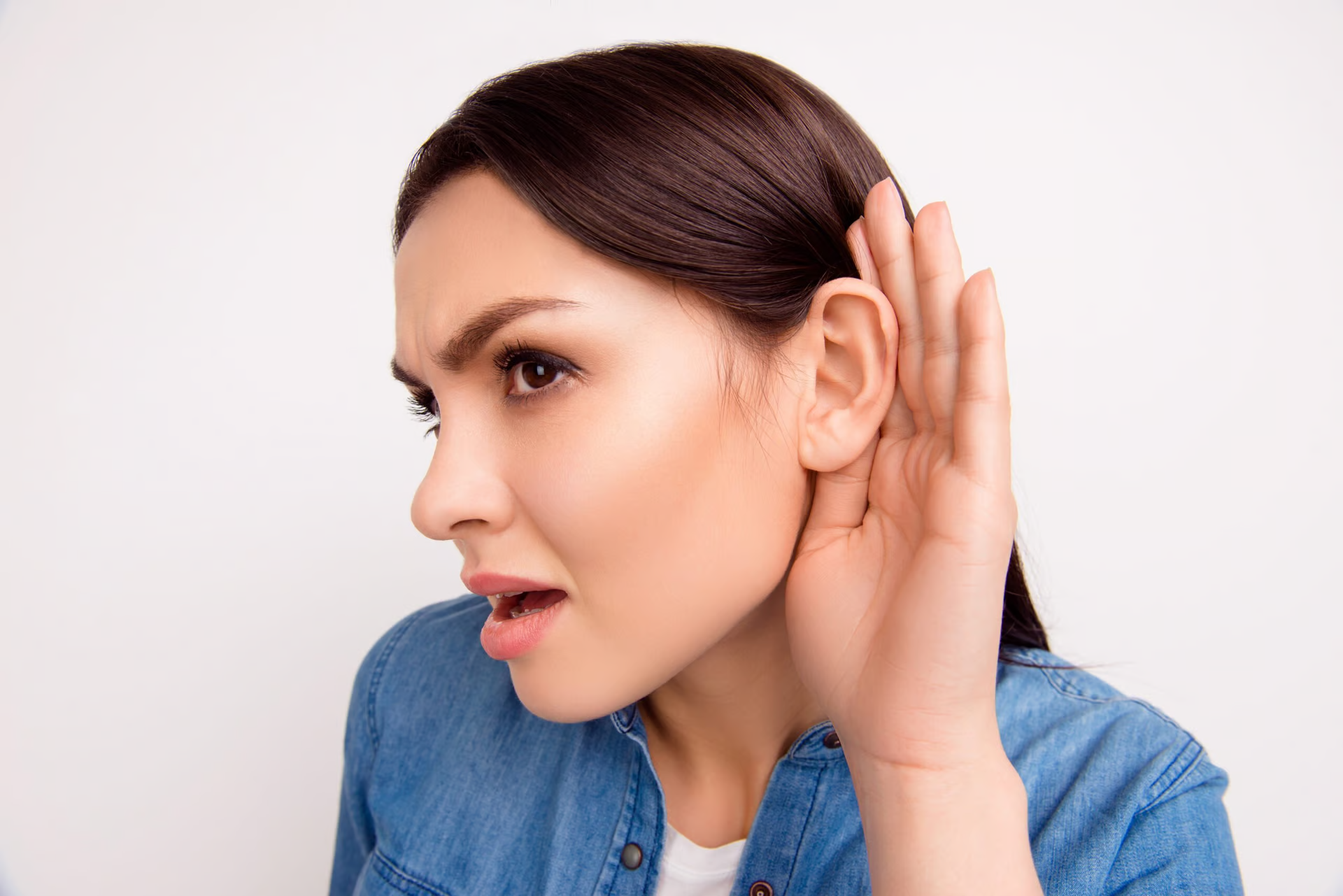Seven Harmful Habits That Can Compromise Your Hearing Health
Hearing health is a crucial aspect of our overall well-being, yet it is often overlooked until problems arise. Our ears are sensitive organs, and exposure to certain habits can lead to irreversible damage over time. In this article, we will explore seven common habits that can be detrimental to hearing health and discuss ways to mitigate their impact.
Excessive Noise Exposure
One of the most significant threats to hearing health is exposure to loud noises. Whether it’s attending concerts, using headphones at high volumes, or working in a noisy environment, prolonged exposure to loud sounds can lead to hearing loss. The delicate hair cells in the inner ear can be damaged by the intensity of the sound waves, diminishing our ability to hear over time.
To protect your hearing, it’s essential to use ear protection in noisy environments and to limit the volume when using headphones or earphones. Noise-canceling headphones are also a good investment, as they can help reduce the need to turn up the volume in loud surroundings.
Ignoring Earwax Buildup
Earwax, or cerumen, is a natural substance produced by the ear to trap dust and other particles, preventing them from reaching the eardrum. However, an excessive buildup of earwax can lead to hearing problems and discomfort. Ignoring this issue may result in impacted earwax, which can press against the eardrum and cause hearing loss.
To maintain hearing health, it’s crucial to clean the ears regularly. However, it’s important not to insert objects like cotton swabs into the ear canal, as this can push the wax further inside. Instead, consider using drops to soften the wax, or seek professional ear cleaning.
Smoking and Its Impact on Hearing
Smoking is well-known for its detrimental effects on overall health, but its connection to hearing loss is often underestimated. Studies have shown that smokers are more likely to experience hearing loss compared to non-smokers. The toxic chemicals in cigarette smoke can damage the delicate blood vessels in the ears, reducing blood flow and oxygen supply to the auditory system.
Quitting smoking not only improves overall health but also reduces the risk of hearing damage. If you are struggling to quit, seeking support from healthcare professionals or support groups can significantly increase your chances of success.
Ignoring Ear Infections
Ear infections, if left untreated, can have severe consequences for hearing health. Infections in the ear can cause inflammation, fluid buildup, and damage to the delicate structures responsible for hearing. Prolonged or recurrent ear infections may lead to permanent hearing loss.
It is crucial to address ear infections promptly. If you experience symptoms such as ear pain, drainage, or a feeling of fullness in the ear, consult with a healthcare professional for a proper diagnosis and treatment plan. Timely intervention can prevent long-term damage to your hearing.
Excessive Use of Over-the-Counter Medications
Certain over-the-counter medications, including some pain relievers and anti-inflammatory drugs, can have adverse effects on hearing health when used excessively. Nonsteroidal anti-inflammatory drugs (NSAIDs), such as ibuprofen, and certain antibiotics have been linked to hearing loss and tinnitus (ringing in the ears).
While these medications are generally safe when used as directed, prolonged or excessive use can pose a risk to your hearing. It’s important to follow recommended dosage guidelines and consult with a healthcare professional if you have concerns about the medications you are taking.
Ignoring the Impact of Chronic Diseases
Chronic diseases such as diabetes and cardiovascular issues can have a direct impact on hearing health. The delicate structures of the inner ear rely on proper blood flow and oxygenation. Conditions that affect blood vessels, like diabetes and hypertension, can compromise the health of the auditory system, leading to hearing loss.
Managing chronic diseases through lifestyle changes, medication, and regular medical check-ups is essential to preserving hearing health. It’s crucial to communicate openly with healthcare providers about any changes in hearing or related symptoms.
Not Protecting Ears During Water Activities
Engaging in water activities without protecting your ears can increase the risk of ear infections and damage to the ear canal. Prolonged exposure to moisture can soften the skin in the ear canal, making it more susceptible to infection. Swimmer’s ear, an infection of the ear canal, is a common issue for individuals who spend a lot of time in the water without adequate protection.
To protect your ears during water activities, use earplugs designed for swimming or wear a swim cap to keep water out of the ears. After swimming, it’s essential to dry your ears thoroughly to prevent bacterial growth.
Conclusion
Preserving hearing health requires mindfulness and proactive steps to avoid habits that can lead to irreversible damage. By addressing these seven damaging habits, individuals can take control of their hearing health and enjoy a higher quality of life. Regular check-ups, timely interventions, and adopting healthy habits contribute to maintaining optimal hearing throughout life. Prioritizing hearing health today ensures a vibrant and connected future.



